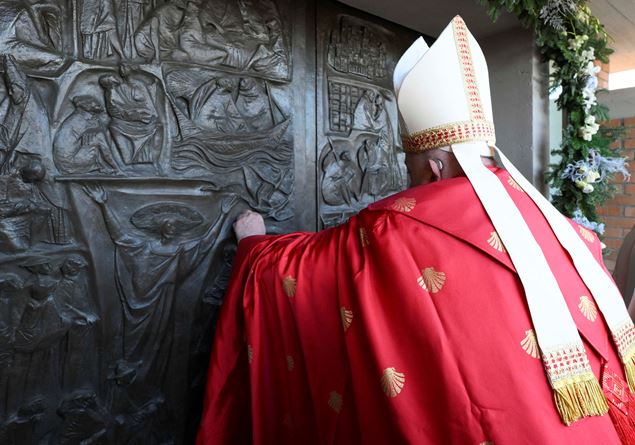
If you marry for love, this commitment is also synonymous with changes on the tax front. In some cases, the bride and groom even make significant savings.
Before marriage or PACS (civil solidarity pact), the two partners each represent a tax household. They declare and pay their taxes separately. And if marriage is an act of love, it actually changes a certain number of things administratively and fiscally. This commitment which seals your union gives you the right to significant tax advantages and requires changes to the way you declare your taxes.
When should I declare my marriage for taxes?
Have you just gotten married? Congratulations ! You will therefore now make one and the same tax declaration and will form a single tax household. This is a legal obligation that begins in the first year of your marriage. The marriage must therefore be reported to the administration within 60 days in order to adapt your withholding tax to your new situation. Your rate and your deposits will be immediately adjusted. The first joint declaration will be made the following year and must include all of the income and expenses of both spouses for the entire year. If the declaration is filed jointly by the spouses, the tax is to be paid jointly by the couple. If the couple has opted for separate taxation of income, the tax is claimed personally from each by the tax administration.
Marriage and taxes: how much will I save?
Marriage allows you to benefit from two shares (couple without children) for the calculation of your tax. A couple with one child will have 2.5 shares, 3 shares with two children, and then an additional share per child. It is the number of shares and the amount of your income that makes it possible to determine your tax bracket according to a progressive scale. This is why it is said that getting married allows you to pay less taxes, thanks to this famous earned share.
But in fact, marriage is especially interesting from a tax perspective for couples whose spouses will have very different incomes. Let’s imagine, for example, that Anne earns 50,000 euros per year and Paul 15,000 euros. The latter is not taxable while his partner pays a lot of taxes. If they get married, the operation proves very interesting for Anne who gains a share and will therefore be taxed less. On the other hand, for a couple whose two spouses have fairly similar incomes, the taxation will be almost the same after the marriage.







